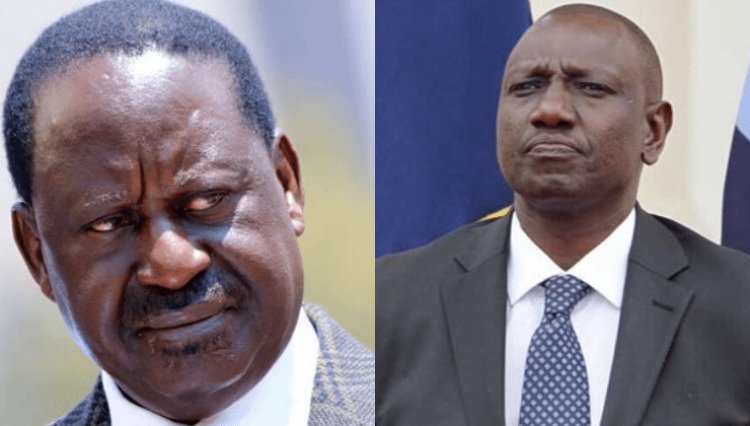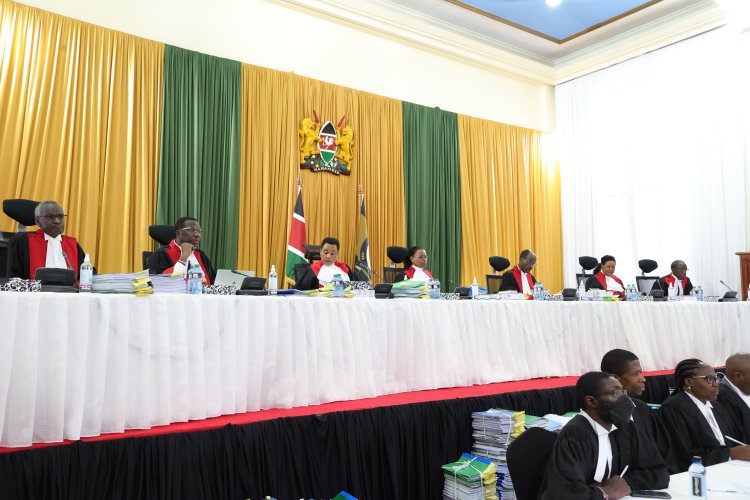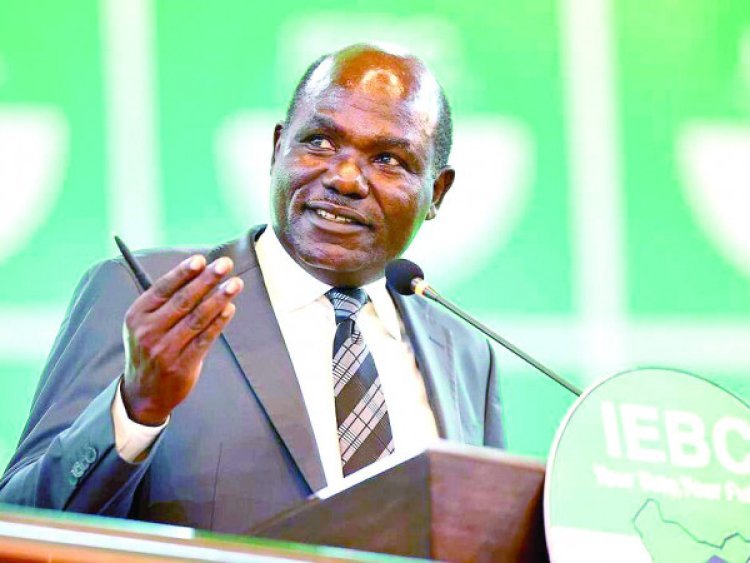Supreme Court's Findings In Scrutiny & Recount Of Votes
According to the report, 6 polling stations did not present Form 34A Book 2 at all, 26 presented intact/intact Form 34A book 2s and 9 presented used Form 34 A book 2s with varying numbers of carbonated copies.

A report on the recounting and scrutiny of ballots across 41 polling stations as ordered by the Supreme Court was released on Thursday evening, September 1 and signed by the registrar of the apex court.
According to the report, 6 polling stations did not present Form 34A Book 2 at all, 26 presented intact/intact Form 34A book 2s and 9 presented used Form 34A book 2s with varying numbers of carbonated copies.
Among the polling centres that were affected by the report included Kakamega High School in Kakamega county, Kawaida Primary School and Kamwangi Primary School in Kiambu County, and Chebunyo Primary School, GorGor School and Kagasik Primary School all in Bomet County.

The Supreme Court judges hearing the presidential petition on September 1, 2022. /COURTESY
The registrar also noted that some returning officers explained the absence of form 34 A Book 2 by indicating that the presiding officers used them instead of Form 34A book 2.
"In such cases, the team verified the information by looking for the Form 34A Book 1 to confirm if it was indeed intact for purposes of accountability. The reasons given by the Returning officers is that some presiding officers mistook the two books because they did not understand the procedure.
"Other returning officers had no explanation for the absence of Form 34 A book 2. They indicated that they had just learnt of the anomaly together with the scrutiny," the report read in part.
The registrar revealed that the Kiambaa constituency returning officer explained that her presiding officer used book 2 because he had spoilt book 1. However, they did not present the spoilt Form 34A book 1 for the team’s scrutiny, and the Polling Station Diary (PSD) did not indicate that Form 34A book 2 had been spoilt
Regarding the variance in numbers in Form 34A and ballots recounted, it was found that there was no major difference save for one polling station where 1 vote of Raila Odinga was added to that of the president-elect, William Ruto. This was noted in a polling centre at Nandi Hills Primary school.
Other anomalies noted in the scrutiny of Forms 34A were different figures in the carbonated copies of Forms 34A which affected 9 poling centres.
"Due to feint text, there was no consensus as to the actual figure for the result for Ruto on the Form 34A between ‘282’ or ‘288’ in Ol Joroorok Primary School (Nyandarua county)," the report stated.
Additionally, in some ballot boxes, unused ballot papers were missing and the polling station affected was Kiheo Primary School in Nayandarua County.
Regarding the security of the ballot papers, it was reported that the majority of the boxes were sealed. However, some of them had discrepancies in the serial numbers.
What IEBC Did Not Give In Scrutiny Process
With regards to the Independent Electoral and Boundaries Commission (IEBC), it failed to provide three key items for the scrutiny process of the servers used in the August 9 polls. Among them was a forensically captured image of the server holding Form 34C used to declare Ruto as President-elect.
However, IEBC responded by stating that such a move would put their servers at greater risk and would expose the system to security threats. Alternatively, the commission provided agents of former Prime Minister, Raila Odinga, access to their live server in real-time.
The commission also failed to provide agreements it entered with various technological companies, noting that it would be flouting its Non-Disclosure Agreements (NDAs) which would amount to a criminal offence.

"IEBC is hereby directed to avail partnership agreements with its technical partners, list of users, trail, and admin access to provide clarity on the IEBC systems and their usage for review and verification, subject however to any security related issues thereof," the Supreme Court seven-judge bench ordered previously.
The IEBC finally failed to avail the details of the owners of the system administration passwords and explained that they had been exempted from giving details of the password owners as such an action would put the privacy of their staff at risk.
The reports form part of Friday, September 2's session at the Supreme Court and it is set to be submitted and discussed.






